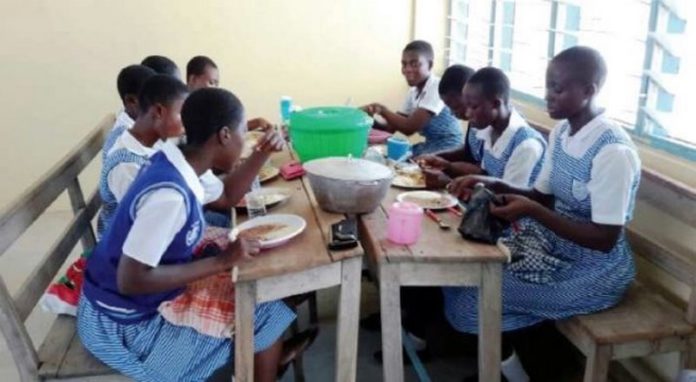Felix Kwakye Ofosu, the spokesperson for President Mahama, has revealed that an additional amount has been released to support the feeding of students in various senior high schools across the country.
This follows the distribution of non-perishable food items to the schools to address reports of food shortages.
These interventions became necessary after the Conference of Heads of Assisted Secondary Schools (CHASS) appealed to the Ghana Education Service (GES) to reconsider the reopening of high schools, citing unresolved financial challenges.
One of the key concerns was the government’s non-payment for perishable foods provided for students last year. However, the GES rejected this appeal.
The Abura Asebu Kwamankese MP made the revelation during an interview on Joy FM’s Super Morning Show on Tuesday, 21st January.
He explained that a series of engagements had taken place between the Chief of Staff, the head of GES, the Chief Director from the Ministry of Education, and a representative from CHASS, which ultimately led to the immediate distribution of non-perishables to secondary schools across the country, with the challenge of acquiring perishable items still outstanding.
“As I speak to you, I can disclose that up to 200 million cedis has been released to address that difficulty,” he confirmed, offering reassurance to both students and school administrators.
He went on to highlight the government’s ongoing efforts to address the underlying challenges in the procurement and distribution of food items for schools.
“It is the policy of the government to ensure that the purchase of food items is decentralized because the decentralization of this process caused this kind of problem. Huge sums of money were held over time, which led to suppliers making demands for their money. So ultimately, the process will be decentralized,” he stated.
Mr. Ofosu also confirmed that non-perishables have already been distributed to many secondary schools across the country.
“As far as I know, many schools have received it, and in due course, all of them should receive as much as they need,” he said.
This move is part of the government’s broader commitment to resolving the logistical challenges in the education sector and ensuring that students have the necessary support for their education.
ALSO READ:


